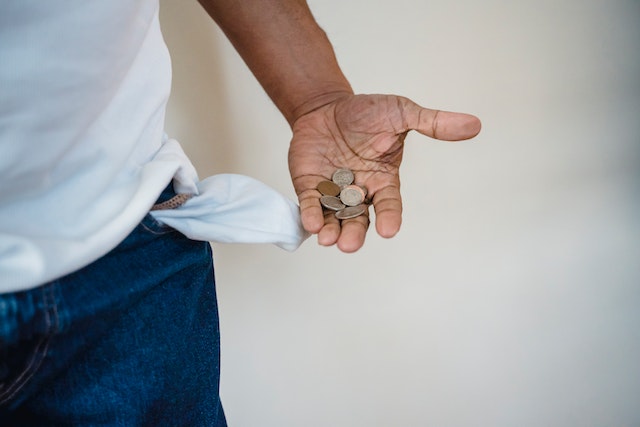
When you have an overwhelming amount of debt, you may not know where to turn. You’ve tried debt consolidation and management, but nothing is helping. As such, you may determine that it’s time to consider bankruptcy. However, in your searches, you may frequently see the term “bankruptcy discharge.” If you’re unfamiliar with what this means, you’ll want to keep reading. You’ll learn how a discharge works and why you need a Shelby County, TN bankruptcy lawyer to help you navigate this complex legal process.
What Is a Bankruptcy Discharge?
When you file for bankruptcy, you will likely experience a discharge. This occurs when a debtor is relieved of their legal obligation to repay a debt. It is important to understand this also prevents creditors and debt collectors from contacting you about the debt, as you no longer have to pay it.
When the discharge will occur is dependent on what kind of bankruptcy you file. Chapter 7 filings see discharges occur earlier in the process, while those who file Chapter 13 will not see a discharge until the process is almost completely done to the length of the repayment plan.
What Kind of Debts Are Eligible?
If you want to file for bankruptcy, it’s essential to understand what debts are eligible for discharge. Contrary to popular belief, not all debts can be discharged, and some will remain after the bankruptcy process is complete. Generally, dischargeable debts include credit card debts, medical bills, payday loans, and other overdue bills.
However, some debts are only dischargeable in Chapter 13 bankruptcy, but not Chapter 7. An example is debts accrued for property damage during a personal injury lawsuit.
It’s important to understand that some debts are never eligible for discharge under bankruptcy. This includes the following:
- Alimony
- Child support
- Tax liens
- Recent local, state, or federal taxes
- Debts not listed in the filing
- Debts related to fines and compensation for those charged with the death of another in a DUI
Can a Discharge Be Revoked?
Though uncommon, it is possible for a creditor to revoke the discharge a debtor receives during the bankruptcy process. However, someone looking to overturn the ruling must provide evidence to support their allegation that they committed fraud, violated the bankruptcy code, or refused to provide documents during an audit. The revocation request must be filed within one year of the discharge, and it is up to the courts to review the allegations to determine if they will grant the revocation.
It’s essential to enlist the assistance of an experienced bankruptcy attorney to help you with this process. Not only does it help guarantee that the steps you take during this process are legal, but it can also help you navigate the complexities of this matter.
When you’re in debt and unsure where to turn, the Arnold Law Firm is ready to help. Our dedicated legal team has the experience you need to help you navigate this process. Contact us today to learn more about how we can assist you.




